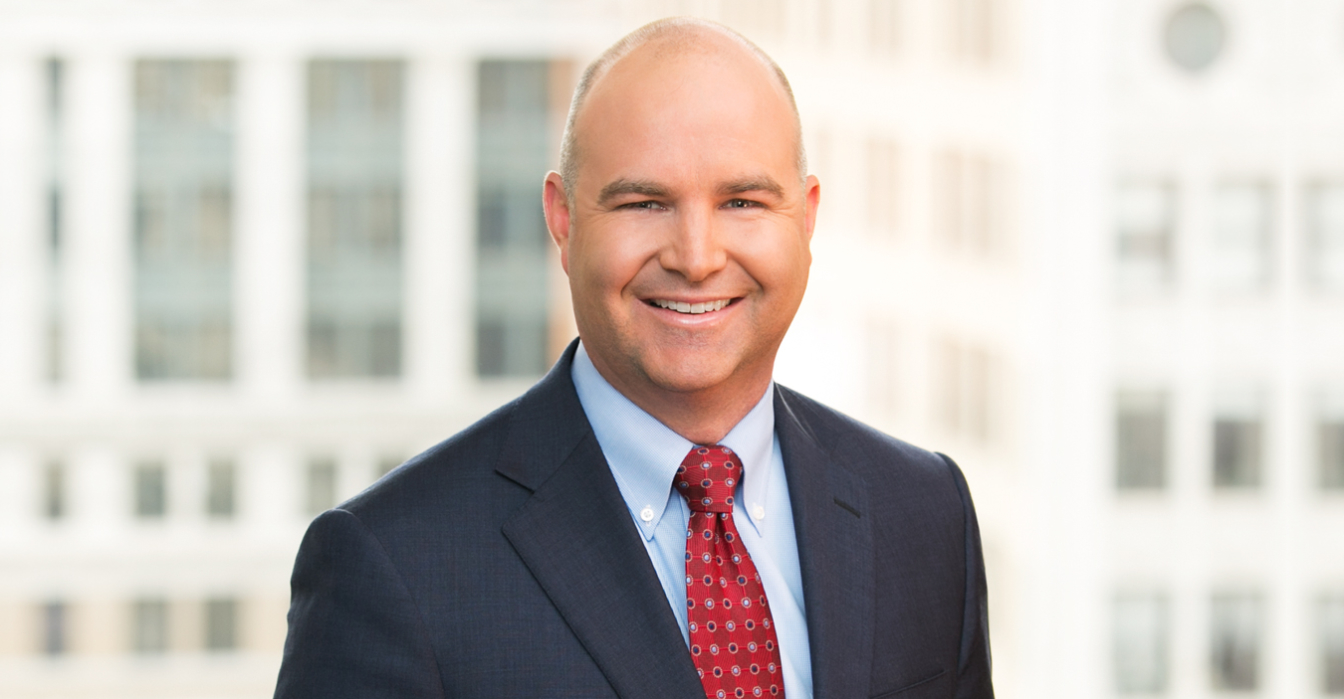William Gibbs has an eclectic practice. A partner at Corboy & Demetrio in Chicago, he handles all sorts of personal injury cases, with a substantial emphasis on cases arising from participation in sports. Gibbs represents a number of former NFL and NHL athletes suffering from brain damage as a result of their playing careers. He’s represented athletes at all levels of play in a wide variety of sports – professional soccer players, high school football players and even a Hall of Fame Major League Baseball player, first baseman and hitter Frank Thomas.
Outside of his sports practice he represents catastrophically injured individuals that have been harmed in airplane, train or automobile collisions. On occasion he has also tried medical malpractice cases. Gibbs is a member of the Lawdragon 500 Leading Plaintiff Consumer Lawyers.
Lawdragon: How did you first become involved in representing professional athletes suffering from brain damage?
William Gibbs: The family of Dave Duerson came to us after his tragic death at age 50 and I began researching the NFL’s history in relation to concussions. The more I read, the more I realized that there was a real pervasive problem. It was eye-opening.
I have since had success representing brain injured high school football players in cases against the athletic trainers that are hired to protect them. Recently, our case against the National Hockey League was transferred to state court where it is in the discovery phase prior to trial.
LD: Out of all the work you’ve done in your career, what would you say is the most interesting matter you’ve handled?
I began researching the NFL’s history in relation to concussions. The more I read, the more I realized that there was a real pervasive problem.
WG: Like we say, there is no upside to identifying your favorite child. But, two clients in my career that consumed me were Renea and Faith Poppel. Renea was catastrophically brain damaged when her commuter train derailed. She was pregnant and her unborn baby, Faith, was delivered while Renea was comatose. Thomas Demetrio and I tried Renea’s case and secured a verdict in excess of $29M and years later successfully settled her daughter Faith’s case. I still remain close with this family many years later.
LD: What are some aspects of your legal work that you find professionally satisfying?
WG: I serve on our state Supreme Court committee on jury instructions. I find it to be the most intellectually stimulating work I’ve ever done. The camaraderie and targeted debate and discussion is enthralling.
LD: Did any experience from your undergraduate work push you towards a career in the law?
WG: I played football at Notre Dame, so I have an intimate understanding of the challenges athletes face when competing at the highest level. Then, between undergrad and law school, I was a high school teacher and coach. This helped me be a better trial lawyer and educator of juries.
LD: Is there a specific reason why you chose your law school over another law school?
WG: I chose Chicago-Kent because of its night school. I was teaching and coaching at the time and wanted to go to law school at night.
LD: Why did you pursue a career in law in the first place?
WG: My father has always been my hero, and he was a teacher and then a lawyer. The path was clear for me.


